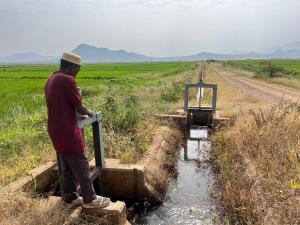Test project Heidi
In the spirit of life long learning
Testproject DM
Welcome to Daniel's testproject
Test project Pesticides and Protection Tanzania
testing out building a project
COVID-19 Alert Project

This essay will provide a portal into work in response to COVID-19.
pece_annotation_1481652640
jaostrander"Overall, it is important to understand the perspectives of per- petrators in order to find solutions that enable effective delivery of health services "
"But more significantly, in addition to revealing the reproduction of inequality, the fissures rendered visible by the entry of gender-based violence into humanitarian missions force an engagement with new forms of the political. Humanitarianism’s mission has expanded so that it now occupies a dominant place in the global political arena – whether humanitarians asked for this or not"
"Key challenges in addressing violence affecting health service delivery in complex security environments include a lack of health- specific, accessible and comparable, gender-disaggregated data and sufficient data on perpetrator motives. "
pece_annotation_1474212030
jaostranderIn this article emergency response in addressed in the sense that if preemptive measures are not taken and the socioeconomic factors preventing care are not taken into consideration the United States and the world is at risk of a pandemic. If this occurs, there is uncertainty in what the appropriate response would be as the scale and complexities of the biological agent will be unknown.
pece_annotation_1474839081
jaostranderScott Knowles is a professor and the head of the Department of History Center for Science, Technology, and Society at Drexel University. His work specifically focuses on risk and disaster, with particular interests in modern cities, technology, and public policy. Knowles has recently released a book addressing the risks and disasters in modern America.
pece_annotation_1477254201
jaostranderThis article primarily discusses the mental illnesses associated with disasters whether they be natural or instigated by humans. The article looks at mental illnesses themselves, such as PTSD, MDD, and substance abuse, and also the groups at risk for these mental illnesses. The article also breaks down the factors pre, peri, and post the disaster that can contribute to mental illness of victims, and what emergency response providers can do/provide in order to reduce these risks of mental illness.



the rice irrigation scheme, Pare Valley, Tanzania